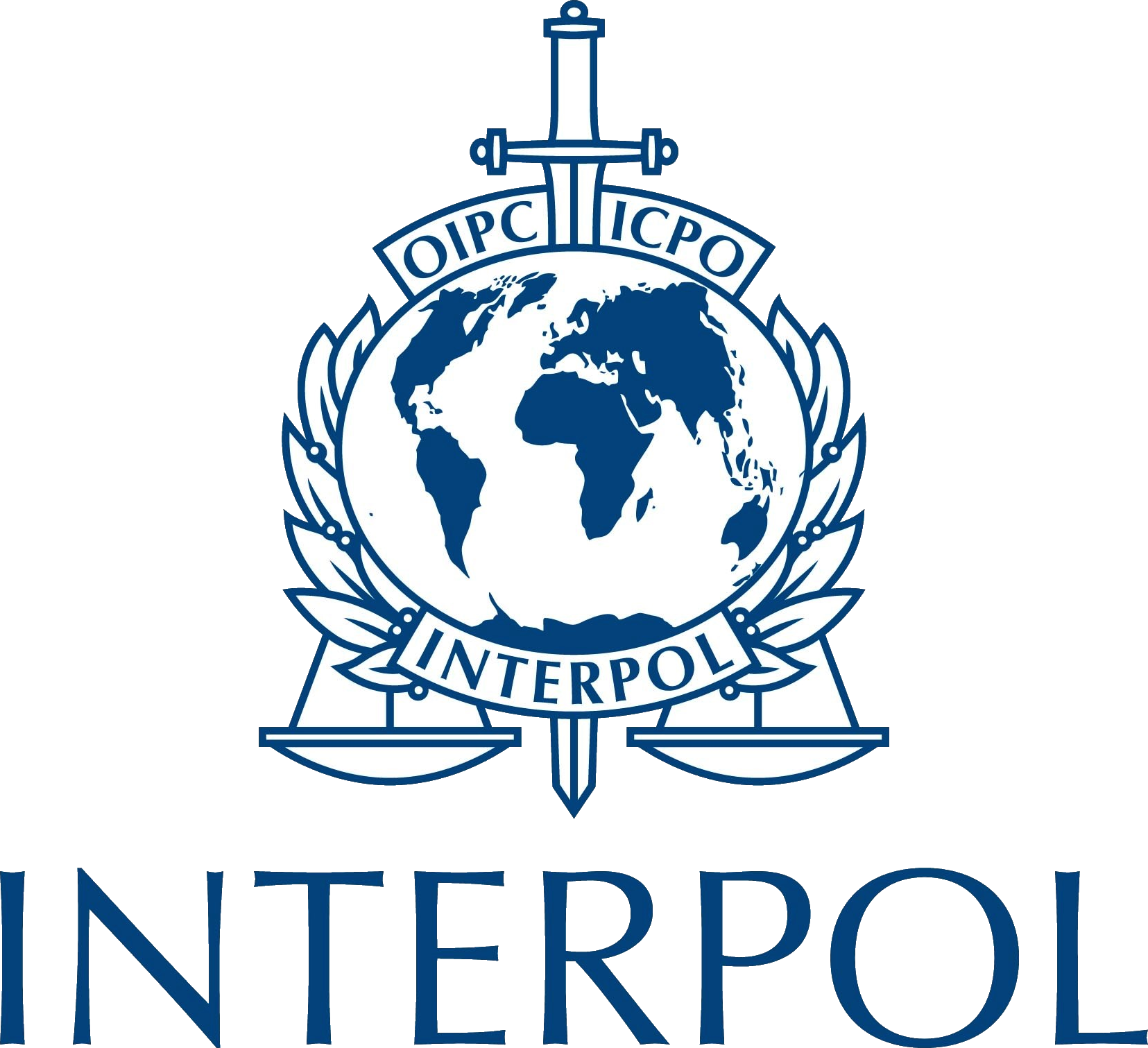Established in 1923, the Organization has expanded from a group of 20 national representatives to a membership comprising nearly every country in the world
The world’s largest policing organization is officially marking its 100 year anniversary, celebrating a century of international police cooperation.
The International Criminal Police Commission, as INTERPOL was originally called, was founded in 1923 at a police congress in Vienna, Austria that brought together representatives from 20 countries.
Taking place in a post-war context of geopolitical upheaval and concerns of rising international crime, representatives agreed that only through collaboration could police combat transnational crime threats – a goal shared throughout periods of political or economic tension.
Convened directly by police officials, the Vienna Congress established the foundational principles that continue to guide INTERPOL’s work today – a focus on practical tools to help law enforcement fight crime beyond their borders and a commitment to neutrality.
“While the world has undergone profound transformations in the past century, INTERPOL’s founding principles are as relevant in today’s context as they were back in 1923,” Secretary General Jürgen Stock said, “The tools and technologies we use to support police in our member countries have of course developed dramatically – from telegraphic codes to I-24/7, our secure
police network; from fingerprints to facial recognition. Today, we are again in a period of global disruption fueled by ever-increasing digitalization and geopolitical flux. The need for robust international police cooperation is stronger than ever.”
A short video released by INTERPOL to mark its 100 year anniversary highlights the breadth of issues the Organization’s work now encompasses – including environmental crime, illicit trade in pharmaceuticals and forensic analysis – turning the vision of a small group in 1920s Vienna into a sweeping multi-generational mission.
250 searches per second
Over the past century, INTERPOL has become one of the most widely recognized organizations in the world, though its exact role is sometimes less well understood.
Far from pop culture images of ‘INTERPOL agents’ swooping into various countries as a sort of supranational police force, the reality is that powers of arrest and seizure remain solely with national law enforcement.
Rather, INTERPOL allows police to address crime that extends beyond their national borders by sharing and accessing data across the Organization’s 195 member countries, as well as leveraging a range of technical and operational support.
Today’s context, where crime is more global than ever before and criminals increasingly operate in ‘borderless’ online spaces, has furthered INTERPOL’s operational relevance to law enforcement.
On average, police search INTERPOL databases more than 20 million times a day – 250 searches per second.
Return to Vienna
Throughout the year, the INTERPOL General Secretariat and its member countries will host events and launch activities to commemorate the anniversary.
The centennial events will culminate in Vienna as the city once again plays host to INTERPOL, welcoming police leaders from 195 countries for the Organization’s 91st General Assembly.
2023 will also mark the first year that the world celebrates the United Nations (UN) designated International Day of Police Cooperation set on 7 September, the day the International Criminal Police Commission was established.
Adopted by the UN General Assembly in December 2022, the UN day recognizes the central role played by the world’s law enforcement community in global security and the need to further strengthen international cooperation to prevent and combat transnational crime and terrorism.
